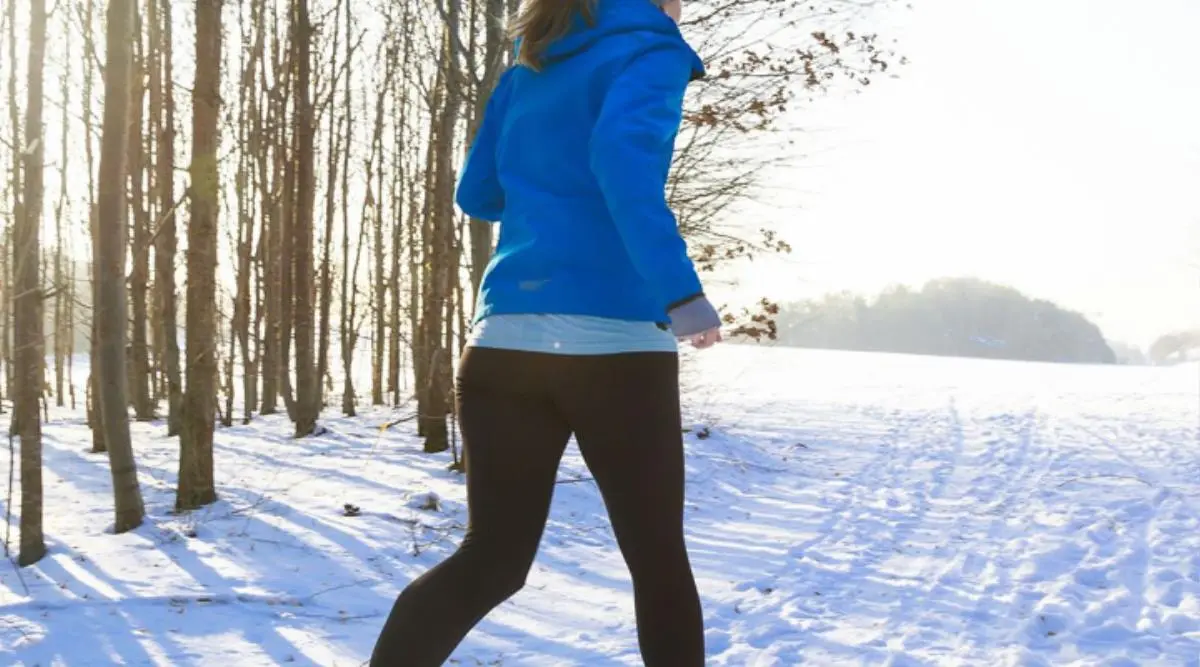The change from the heat of summer to the cold of winter often causes us to feel discouraged and less motivated to go outside. But before we start with the “couch-movie-blanket” plan, it might be a good idea to consider the benefits of exercising outdoors.
Apart from calming us down in the face of the more than probable weight gain, doing sports outdoors has many benefits that we may not have yet considered.
There are many people who want to avoid the cold, but it is a good way to receive doses of sunlight , which many studies show improves people’s mood and also helps absorb vitamin D , which is very necessary for our body.
Exercising during the winter also significantly increases immunity against various diseases characteristic of this time, such as the flu. A few minutes of exercise a day will help us fight bacteria and viruses that would otherwise have affected us much more.
Another benefit that you probably hadn’t thought of is that shivering is a natural mechanism for our body to produce heat , and this causes a large amount of calories to be burned. Many more than we would burn lying on a sofa, right?
We know how lazy it can be to go out and exercise when it’s cold and bad weather, but there are several advantages to exercising in the cold compared to doing so when the weather is good and hot.
Heat and humidity are almost non-existent during winter, and the cool weather can make you feel more alert and vigorous. Exercising in extreme temperatures increases one’s ability to significantly improve physical and mental endurance. However, we must always be careful when carrying out these activities.
We will give you some tips to prepare for exercise during this winter:
- Cold versus hot exercise preparation are quite different. Both require proper nutrition and hydration. In a hot environment, our body will adapt to the heat, whereas in the cold, the same is not true. Our body will soon begin to shiver, so wearing several layers of clothing will be very important to keep from losing the heat that our body generates.
- Checking the weather forecast is also a must when exercising during winter. Wind and cold combined can make exercising outdoors risky, as we could suffer frostbite or hypothermia if we are not careful. This fact is even more accentuated if it rains, so we recommend staying indoors if these conditions occur.
- We’ve mentioned dressing in layers, but not too many. Overdressing can be a big mistake when going outside. Exercising generates quite a bit of heat, enough to make us think it’s hotter than it really is. What’s recommended is to dress in layers that are easy to put on and take off, so when we get too hot, we can easily take them off without stopping, and vice versa.
- Never forget to protect your head, hands, feet and ears. When it’s cold, our blood flow is concentrated in the centre of our body, “forgetting” about other parts that are considered less important, and which can suffer greatly if we don’t watch them. Wearing gloves and a hat before you notice the cold will prevent headaches later on.
- Staying hydrated is essential, both in winter and summer. Drinking before, during and after exercise will help us endure longer, even if we feel like we don’t need it, especially when it’s cold.
These tips will help us to practice sports safely and enjoy the outdoors even more. Do you feel like leaving the house?
